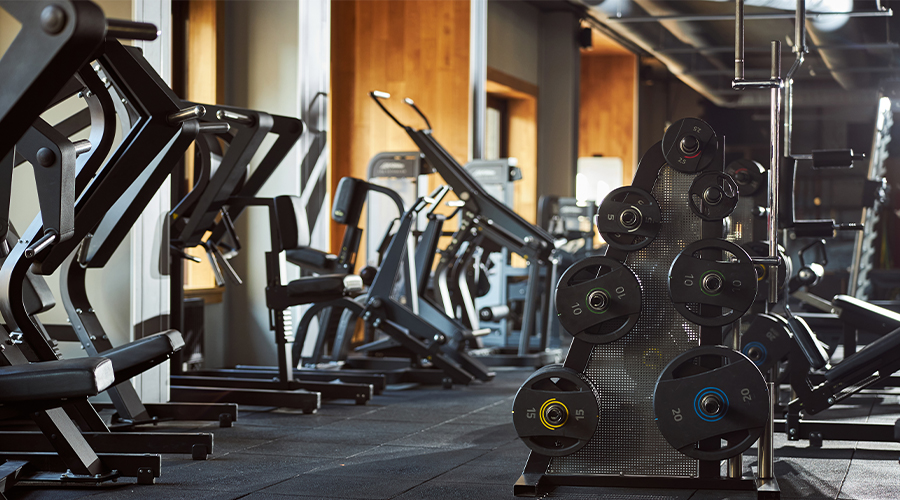Vitamins for Hair Loss: Effective or Just a Marketing Gimmick? Exploring the Science Behind Hair Growth
1 July 2024
Hey there! Noticing more hair in your brush than usual? Or maybe those once-thick locks are starting to feel a bit sparse? You’re not the only one wondering this!. Hair loss and thinning can be super frustrating. Going to the roots to understand the issue at the scalp of it (pun intended) is the first step to tackling it. Factors like genetics, hormones, stress, and even your diet can play a big role.
Understanding Hair Loss and Thinning
Let’s break it down:
- Androgenetic Alopecia: This is the fancy term for male or female pattern baldness. It’s mostly genetic and pretty common.
- Telogen Effluvium: This one is usually triggered by stress, illness, or drastic weight loss, causing temporary shedding. You know of people saying that they are losing hair cause of stress and stress because of hair loss! The vicious cycle.
- Alopecia Areata: An autoimmune condition that results in patchy hair loss.
- Thinning hair: Usually means your hair density is decreasing, making it look fine or sparse. Making your scalp more visible.
Solutions to Hair Loss and Thinning
Dealing with hair loss isn’t a one-size-fits-all situation. Here are some options that might help:
- Lifestyle Tweaks: Not to sound like your dad but managing stress, getting enough sleep, and eating a balanced diet can make a big difference.
- Medical Treatments: Products like minoxidil and finasteride are FDA-approved for certain types of hair loss.
- Natural Remedies: Scalp massages, essential oils, and some herbal treatments can boost hair health.
- Nutritional Supplements: Vitamins and minerals are crucial for keeping your hair in top shape.
Best Hair Vitamins for Hair Loss
Your diet is sometimes responsible for how well your hair grows and stays. Hence it is important to know which Vitamins are essential for you and your hair well well-being. This will help you understand what is the best treatment for your hair-related issues.
| Vitamin | Benefits | Notes |
| Biotin (Vitamin B7) | Strengthens hair and nails; deficiency can lead to hair thinning | A go-to for hair growth, often included in hair supplements |
| Vitamin D | Important for hair follicle health; low levels linked to alopecia | Ensure your supplement meets your daily needs. A blood test and profiling shall help understand this. |
| Iron | Carries oxygen to hair follicles; deficiency is a common cause of hair loss, especially in women | Especially important for women with heavy periods or those on a vegetarian diet. |
| Zinc | Aids in hair tissue growth and repair; lack of zinc can lead to hair loss | Available in forms like gluconate and sulfate |
| Vitamin E | Acts as an antioxidant, reducing oxidative stress and promoting healthy hair growth | Found in both hair oils and oral supplements |
Best Vitamins for Thinning Hair
Other than already mentioned vitamins for hair loss, if you are battling thinning hair, these elements can help:
| Vitamin/Nutrient | Benefits | Notes |
| Folic Acid (Vitamin B9) | Supports cell growth and improves hair thickness | Essential for hair follicle development and function |
| Vitamin C | Promotes collagen production, essential for hair structure | Enhances iron absorption, which is crucial for hair growth |
| Omega-3 Fatty Acids | Nourish hair and reduce inflammation | Found in fish oil and plant-based sources like flaxseed; supports overall scalp health |

Do Hair Loss Supplements Actually Work?
Alright, let’s get real. Do hair loss vitamins actually work, or are they just a marketing gimmick? Here’s the lowdown on some popular supplements:
Multivitamin Capsules
These are often marketed as all-in-one solutions for hair health. They contain a mix of essential vitamins and minerals, like vitamins A, C, D, E, B-complex, zinc, and iron. If your diet is already balanced, extra multivitamins might not offer much benefit. But if you’re lacking in certain nutrients, they could help. Multivitamins have started to become a staple but to help you develop familiarity with them, you can start taking MuscleBlaze Multivitamin supplements. The trust factor is A1 and will help you see results much quicker.
Omega-3 Supplements
Omega-3 fatty acids, found in fish oil and plant-based sources, are known for their anti-inflammatory properties. They help keep your scalp healthy and support hair growth by nourishing your hair follicles. Some studies suggest that omega-3 supplements can reduce hair loss and improve hair density, especially if you’re deficient. If you feel unsure you can start with MuscleBlaze Omega 3 or Fish Oil capsule to ease your way into a routine that helps not just your hair.
Conclusion
Choosing the right vitamin supplement for hair loss or thinning involves a combination of quality, bioavailability, appropriate dosage, essential nutrients, and reputable manufacturing practices. By focusing on these scientific and logical factors, you can make an informed decision that supports your hair health effectively. Always remember to consult with healthcare professionals before starting any new supplement regimen.









 100% Safe & Secure payments:
100% Safe & Secure payments:




